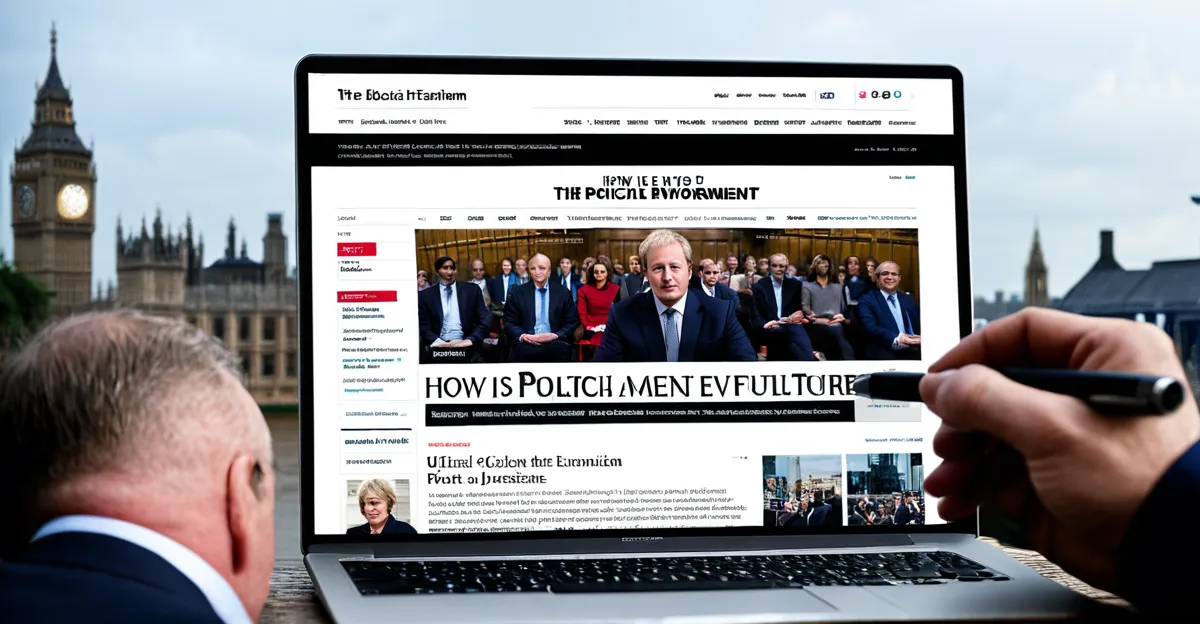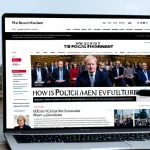Immediate Impacts of UK Political Shifts on Journalism
Political shifts in the UK have brought significant consequences for journalism, influencing press freedom and the dynamics of government-media relations. Recent government policies have introduced stringent requirements for media outlets, creating operational challenges. For example, regulatory changes tied to national security have tightened scrutiny on journalistic activities, affecting investigative reporting.
Tensions between the government and the press have escalated through notable controversies. High-profile disputes over journalistic access to government briefings and parliamentary coverage underscore a climate where media independence is perceived as under pressure. These conflicts highlight concerns about the erosion of press freedom in the UK.
Also to see : Brexit Agreements: What Impact Will They Have on the UK Economy?
Moreover, the intersection of UK politics and journalism is apparent in debates on proposed legislation aimed at expanding state oversight of media content. Journalistic bodies question whether such measures may undermine editorial autonomy. The practical outcomes of these developments include cautious self-censorship among reporters and editorial teams wary of crossing political boundaries.
Understanding this evolving relationship between government actions and journalistic practice is crucial. It shines a light on the delicate balance needed to maintain a free press within a politically charged atmosphere, ensuring the media can fulfill its essential democratic role.
Also to see : How is the UK arts scene recovering post-pandemic?
The Evolving Landscape of Press Freedom and Regulation
Press freedom UK faces increased challenges due to evolving journalism regulation and shifting media policy. Recent changes to press regulation frameworks seek to increase oversight, impacting self-regulatory bodies like the Independent Press Standards Organisation (IPSO). These developments reflect government efforts to tighten control, which some argue risks undermining journalistic independence.
New legislative proposals aim to expand state powers in media oversight, raising concerns across the journalism sector about potential restrictions on free expression. For instance, rules promoting greater transparency must be balanced against the risk of political interference. Clear guidelines are lacking, leading to uncertainty among media organizations about compliance and the limits of editorial autonomy.
Case studies demonstrate the tangible effects: some UK media outlets have modified reporting strategies to avoid legal repercussions, while smaller organizations face resource strains adapting to compliance demands. This regulatory environment creates a tension between safeguarding press freedom UK and addressing government priorities. The ongoing dialogue between lawmakers and journalists will shape how these pressures evolve, with consequences for the nature of public discourse and democracy.






